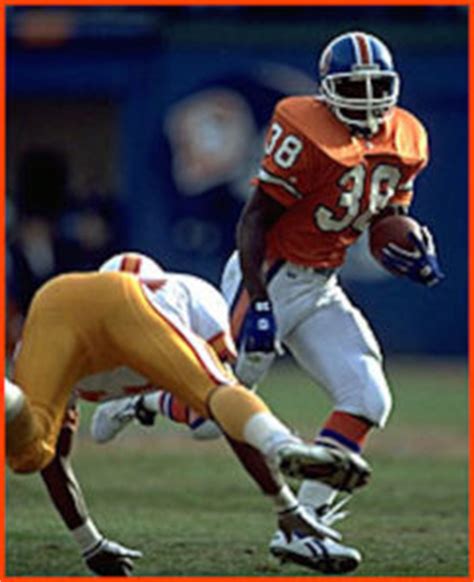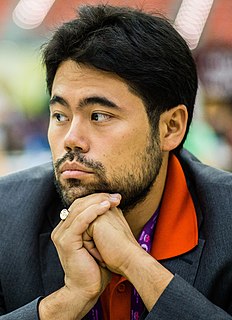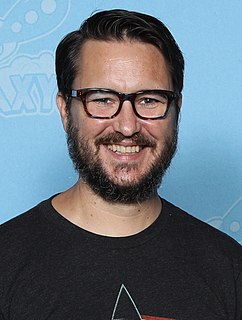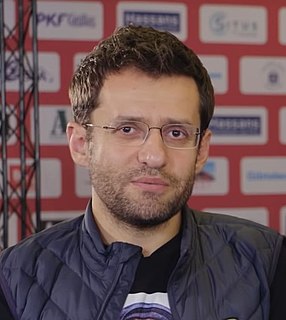A Quote by Frederick Lenz
To take charge of destiny means to play a very convoluted chess game on multiple levels of consciousness and existence.
Quote Topics
Related Quotes
One can study what exists and how consciousness functions; but one cannot analyze (or “prove”) existence as such, or consciousness as such. These are irreducible primaries. (An attempt to “prove” them is self-contradict ory: it is an attempt to “prove” existence by means of nonexistence, and consciousness by means of unconsciousness .)
I started playing chess when I was about 4 or 5 years old. It is very good for children to learn to play chess, because it helps them to develop their mental abilities. It also helps to consolidate a person's character, because as it happens both in life and in a chess game we have to make decisions constantly. In chess there is no luck and no excuses: everything is in your hands.
I used to play a lot of chess and competitive chess and study chess and as you get to the grandmasters and learn their styles when you start copying their games like the way they express themselves through... The way Kasparov or Bobby Fischer expresses themselves through a game of chess is it's astonishing. You can show a chess master one of their games and they'll say "Yeah, that is done by that player."
"Chess has definitely helped me understand a lot of the strategy of football. In chess, good offense is often an exercise in putting multiple points of pressure on one square. In football, offensive play design (particularly passes) involves putting multiple points of pressure on one player." "In chess, you often give your opponent a move that looks strong for him, but it turns into a trap. Football is the same way. I've always thought of defense in football as being totally reactive. But now I understand the ways in which football defenses force the offense to make certain choices."
Game Over is a very frustrating game convention. In short, it means, 'If you were not good enough or did not play the game the way the designer intended you to play, you should play again until you do it right.' What kind of story could a writer tell where the characters could play the same scene ten times until the outcome is right?


































